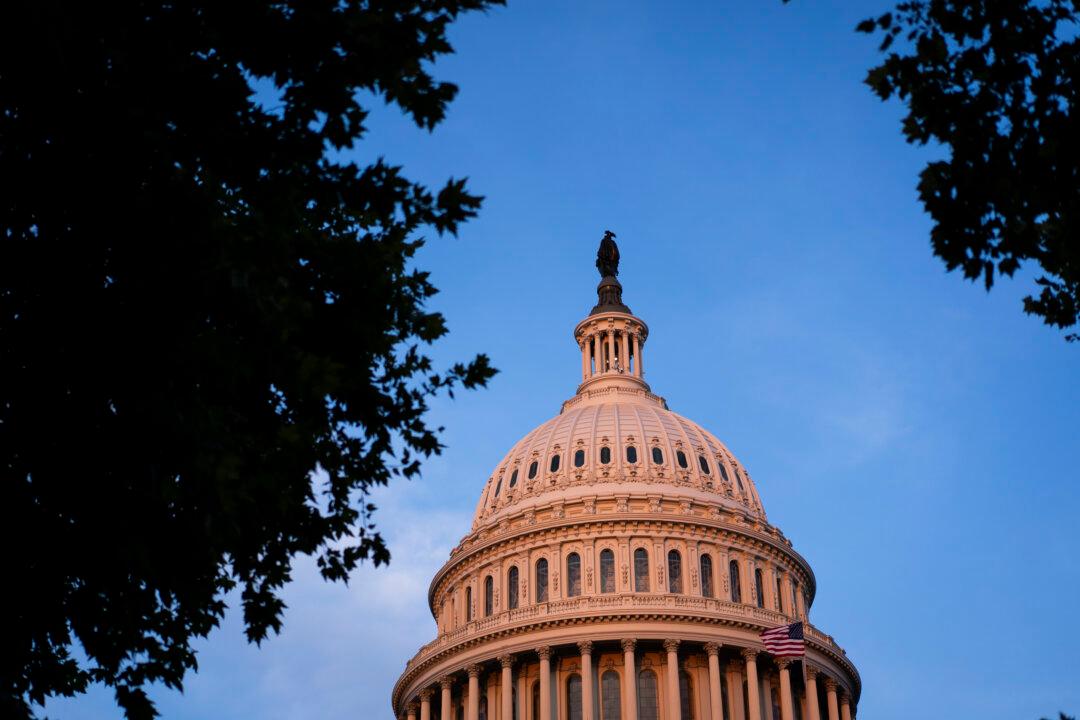The House passed a bill on July 24 to fund the Department of the Interior, the Environmental Protection Agency (EPA), and other entities, but the bill is likely dead on arrival in the Senate and is opposed by the White House.
The final vote tally was 210–205.





